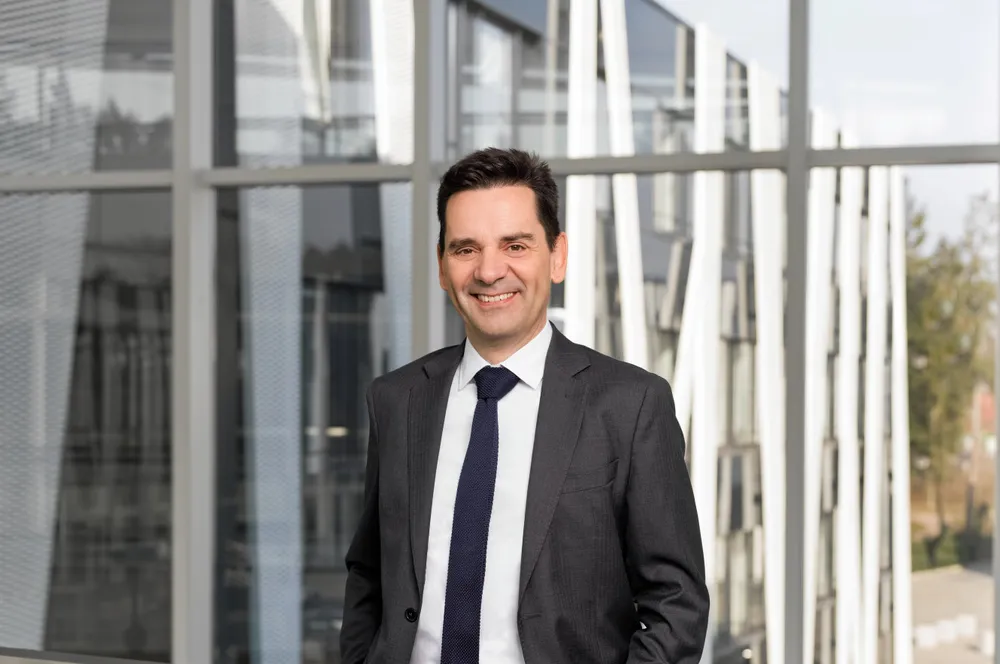Nordex aims to become world-leading hydrogen electrolyser player with first prototype
Wind turbine manufacturer also plans gigascale green hydrogen projects with Acciona

Nordex has unveiled a prototype for a 500kW electrolyser that the wind turbine manufacturer is developing in a joint venture with the government of Spain’s Navarre region.
The prototype of a pressured alkaline electrolyser will be validated at a Nordex blade factory in Lumbier, close to the northern Spanish city of Pamplona, where the company has inaugurated a test bench.
“This prototype is part of Nordex Electrolyzers' proposed business development plan, which aims to have the final design of its serializable MW-scale product available by 2026,” said Luis Solla, CEO of Nordex Electrolyzers.
The machine can produce more than 10kg/h of hydrogen with an energy consumption of less than 50kWh/kg.
It is specially designed to work with power changes and frequent stops, making it ideal for intermittent wind power, which Nordex reckons will allow it to differentiate its product from that of other manufacturers.
Nordex said it has the ambition to become one of the world’s leading electrolyser manufacturers, and plans to integrate hydrogen generation into its value chain. The company hopes to reach competitive synergies due to its experience as a wind turbine manufacturer with a global factory footprint.
“One of Nordex Electrolyzers' commitments is the manufacturing of high-quality and efficient electrolysers, as well as a focus on sustainability and contribution to the transition towards a clean energy-based economy,” Solla said.
The company since last year already has a 50kW electrolyser in operation that is currently being tested in Puertollano near Ciudad Real in central Spain and according to the company is showing promising results in terms of efficiency and flexibility in relation to renewable energies.
Sodena, the regional development agency of Navarre, holds a 15% stake in Nordex Electrolyzers. The electrolyser development plan is partially financed with €12m ($12.9m) by the European Commission through an IPCEI (Important Project of Common European Interest) under the Hy2Tech program.
(Copyright)